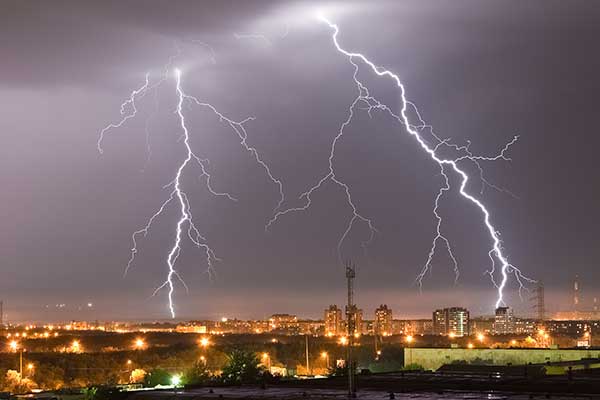We teamed up with our Changemaker Member Marsh McLennan to co-host our inaugural half-day tabletop exercise on 28 September. The exercise provided participants with an opportunity to address key issues, threats, and gaps in organisational resilience through a facilitated discussion. It focused on creating a forum for information sharing across industry sectors and coordination of activities, to advance and sustain resilience programmes, policies, and strategies.
We were joined by experienced resilience experts from across the infrastructure, finance, insurance, retail, automotive, and facilities sectors. We explored how organisations can address the exposures stemming from the interconnected nature of our economies, to manage and adapt to present and future risks and vulnerabilities.
This was a capabilities-based exercise, with discussions revolving around organisational resilience, long-term vulnerability reduction, operational coordination, planning, and risk, and disaster resilience assessment.
The scenario
The exercise scenario was tailored to look at effects based on the existing Third UK Climate Change Risk Independent Assessment. The UK’s annual average temperature has increased by 1°C above the pre-industrial period. Extreme weather is already one of the top reported causes of supply chain disruption across all sectors, with exposure to climate hazards set to increase. Flooding remains one of the most significant risks to business sites and functions in the UK. River and surface flooding is already a significant risk to infrastructure systems in the UK and Continental Europe.
Average and extreme temperatures will continue to increase across the entire UK. Projected hotter conditions and more frequent periods of water scarcity are likely to increase wildfire risk as a direct result of climate change. Wildfires also exacerbate flood risk, even in areas that are not traditionally flood-prone, due to landscape changes caused by wildfire. Natural disasters are already affecting global supply chains by disrupting transportation routes, logistics hubs, and production sites around the world.
The scenario incorporated two modules to examine the operational response of private sector organisations to stressors associated with climate change in two generational timeframes. The first module included a storm making landfall in Wales in 2024, causing widespread destruction across the UK, including damage to energy, water/wastewater and transportation infrastructure systems, as well as homes and businesses across the country.
The second module projected participants in 2044 and discussed the impact of extreme weather events on residents, infrastructure, and ecosystems, as well as the UK and European Union economy. It then focused on how international and domestic supply chains might suffer from a combination of extreme weather and geopolitical tensions in that timeframe. Participants then explored the effect of economic pressures, political upheaval in the countries most affected by climate change, and resource-driven conflict on operational uncertainties. Last, they dwelled on potential opportunities arising from climate change.
A written report on the take-aways from this session will be shared with the exercise participants.
Enduring Covenant Exercise Series
This is the first of a series of annual exercises that Resilience First will be rolling out to facilitate cross-industry learning about organisational resilience by encouraging dialogues in the Resilience First network. The purpose of this series is to provide a forum for participants to identify and refine organisational resilience requirements and initiatives in collaboration with critical whole community stakeholders, supporting strategic long-term planning priorities of their respective organisations, the industry, and the community.
We aspire this to be a holistic exercise program aligned to common strategic priorities and fostering meaningful and systematic interaction across multiple sectors of the economy. By including a broad range of participants across multiple geographies, we seek to optimize limited resources and ultimately endeavor to build a culture of resilience. We are rolling out this exercise series as we introduce two new membership tiers, designed to provide the right combination of benefits and value for our members.
Scenarios will include stressors associated with the broadest possible range of threats. Our theme this year is climate change, but in the next years we are planning on focusing on issues like cybersecurity, supply chain resilience, terrorist threats, natural disasters, geopolitical risk, and others.
Exercises in the Enduring Covenant Programme will be sponsored by and co-produced with members from within the Resilience First membership and public sector organisations.
For more information or to co-host and sponsor a future tabletop exercise with Resilience First, please contact George Karagiannis at contact@resiliencefirst.org


